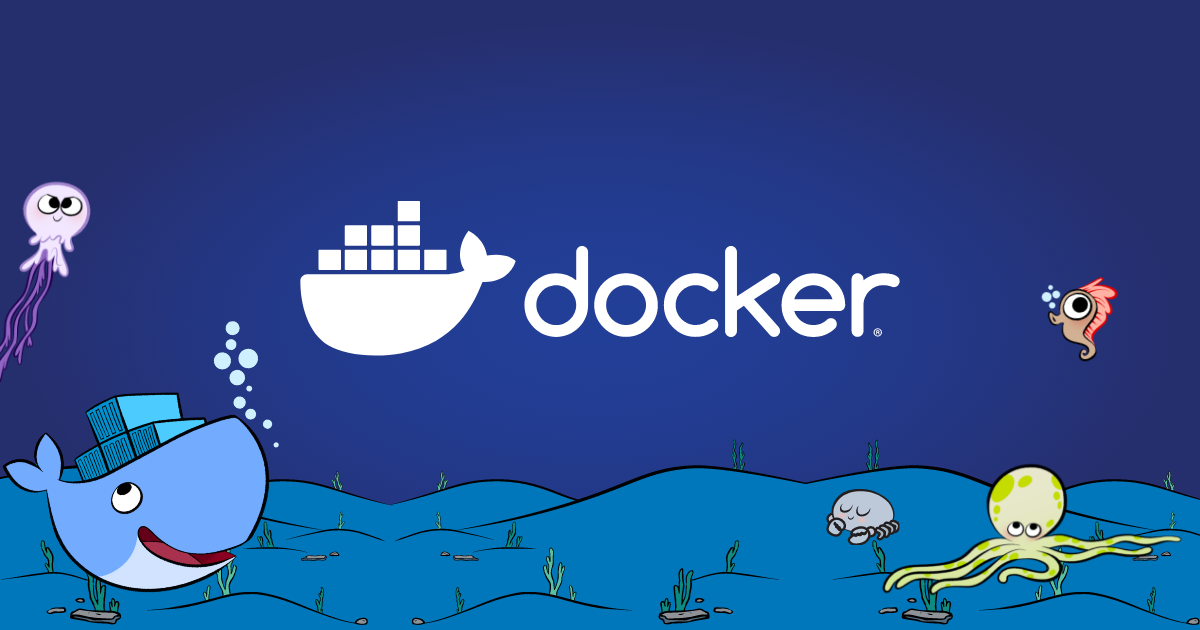Docker whale-comes AtomicJar, maker of Testcontainers | Docker

We’re shifting testing “left” to help developers ship quality apps faster
I’m thrilled to announce that Docker is whale-coming AtomicJar, the makers of Testcontainers, to the Docker family. With its support for Java, .NET, Node.js, and seven other programming languages, together with its container-based testing automation, Testcontainers has become the de facto standard test framework for the developer’s ”inner loop.” Why? The results speak for themselves — Testcontainers enables step-function improvements in both the quality and speed of application delivery.
This addition continues Docker’s focus on improving the developer experience to maximize the time developers spend building innovative apps. Docker already accelerates the “inner loop” app development steps — build, verify (through Docker Scout), run, debug, and share — and now, with AtomicJar and Testcontainers, we’re adding “test.” As a result, developers using Docker will be able to deliver quality applications with less effort, even faster than before.
Testcontainers itself is a great open source success story in the developer tools ecosystem. Last year, Testcontainers saw a 100% increase in Docker Hub pulls, from 50 million to 100 million, making it one of the fastest-growing Docker Hub projects. Furthermore, Testcontainers has transformed testing at organizations like DoorDash, Netflix, Spotify, and Uber and thousands more.
One of the more exciting things about whale-coming AtomicJar is the bringing together our open source communities. Specifically, the Testcontainers community has deep roots in the programming language communities above. We look forward to continuing to support the Testcontainers open source project and look forward to what our teams do to expand it further.
Please join me in whale-coming AtomicJar and Testcontainers to Docker!
Sj
FAQ | Docker Acquisition of AtomicJar
With Docker’s acquisition of AtomicJar and associated Testcontainers projects, you’re sure to have questions. We’ve answered the most common ones in this FAQ.
As with all of our open source efforts, Docker strives to do right by the community. We want this acquisition to benefit everyone — community and customer — in keeping with our developer obsession.
What will happen to Testcontainers Cloud customers?
Customers of AtomicJar’s paid offering, Testcontainers Cloud, will continue while we work to develop new and better integration options. Existing Testcontainers Cloud subscribers will see an update to the supplier on their invoices, but no other billing changes will occur.
Will Testcontainers become closed-source?
There are no plans to change the licensing structure of Testcontainers’s open source components. Docker has always valued the contributions of open source communities.
Will Testcontainers or its companion projects be discontinued?
There are no plans to discontinue any Testcontainers projects.
Will people still be able to contribute to Testcontainers’s open source projects?
Yes! Testcontainers has always benefited from outside collaboration in the form of feedback, discussion, and code contributions, and there’s no desire to change that relationship. For more information about how to participate in Testcontainers’s development, see the contributing guidelines for Java, Go, and .NET.
What about other downstream users, companies, and projects using Testcontainers?
Testcontainers’ open source licenses will continue to allow the embedding and use of Testcontainers by other projects, products, and tooling.
Who will provide support for Testcontainers projects and products?
In the short term, support for Testcontainers’s projects and products will continue to be provided through the existing support channels. We will work to merge support into Docker’s channels in the near future.
How can I get started with Testcontainers?
To get started with Testcontainers follow this guide or one of the guides for a language of your choice:

